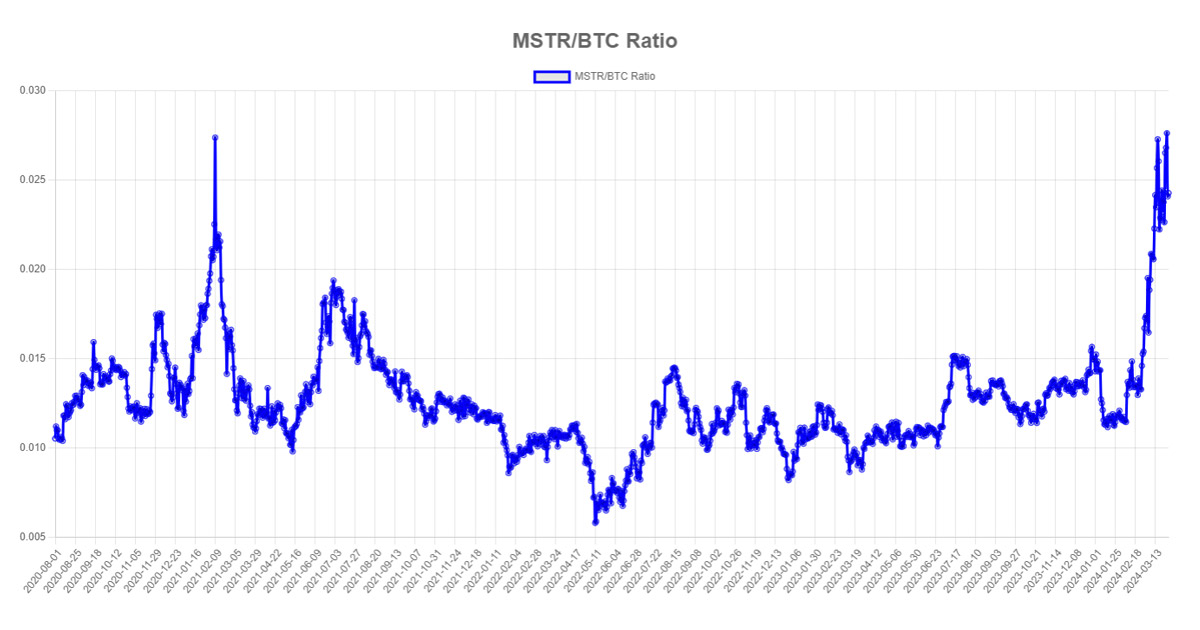The Implementation of Stringent Regulations for Crypto Service Providers in Estonia
Estonia’s government has recently implemented a comprehensive bill that enforces rigorous legal standards on digital assets service providers, as reported by local media sources on March 21. This legislative measure, which was officially approved on March 20, signifies the nation’s commitment to regulating the cryptocurrency industry and enhancing its overall credibility.
Regulatory Oversight on the Horizon
For a significant period, Estonia has served as a key hub for crypto service providers, with data from 2021 suggesting that nearly half of the global crypto service companies were registered in the country. However, in 2024, the number of these entities has been notably reduced to approximately 50 by the Financial Intelligence Unit (Rahapesu Andmebüroo/ RAB) in alignment with regulatory objectives.
Matis Mäeker, the chief of RAB, expounded on the forthcoming modifications, highlighting that the new regulations would introduce financial oversight on crypto service providers for the first time. He emphasized the imperative need for these firms to establish robust asset management systems to ensure the secure handling of client assets, drawing parallels with the operational standards observed in traditional banking institutions.
Under the revised framework, crypto service providers will fall under the regulatory supervision of Estonia’s Financial Supervision Authority (FSA) or the Finantsinspektsioon from 2026 onwards.
Enforcement of Stricter Regulations
The updated legislation imposes stringent operational and reporting obligations on crypto enterprises, with the potential for fines escalating up to €5 million, a considerable rise from the previous limit of €40,000 set by the Anti-Money Laundering Act.
Furthermore, the newly introduced rules necessitate that crypto service providers obtain regulatory licenses, which will be dispensed by the FSA beginning in 2025. Concurrently, establishments currently holding the existing FIU license are mandated to apply for the latest licenses by the year 2026.
This legislative development has been spurred by a series of prominent incidents involving cyber thefts and business insolvencies within Estonia’s crypto realm, resulting in substantial financial setbacks for investors. By subjecting companies to FSA oversight, the government seeks to mitigate these risks and ensure enhanced security for digital asset holders.
The emergence of this new regulatory framework underscores Estonia’s unwavering dedication to striking a delicate equilibrium between promoting financial innovation and safeguarding market stability and investor interests.
Image/Photo credit: source url





